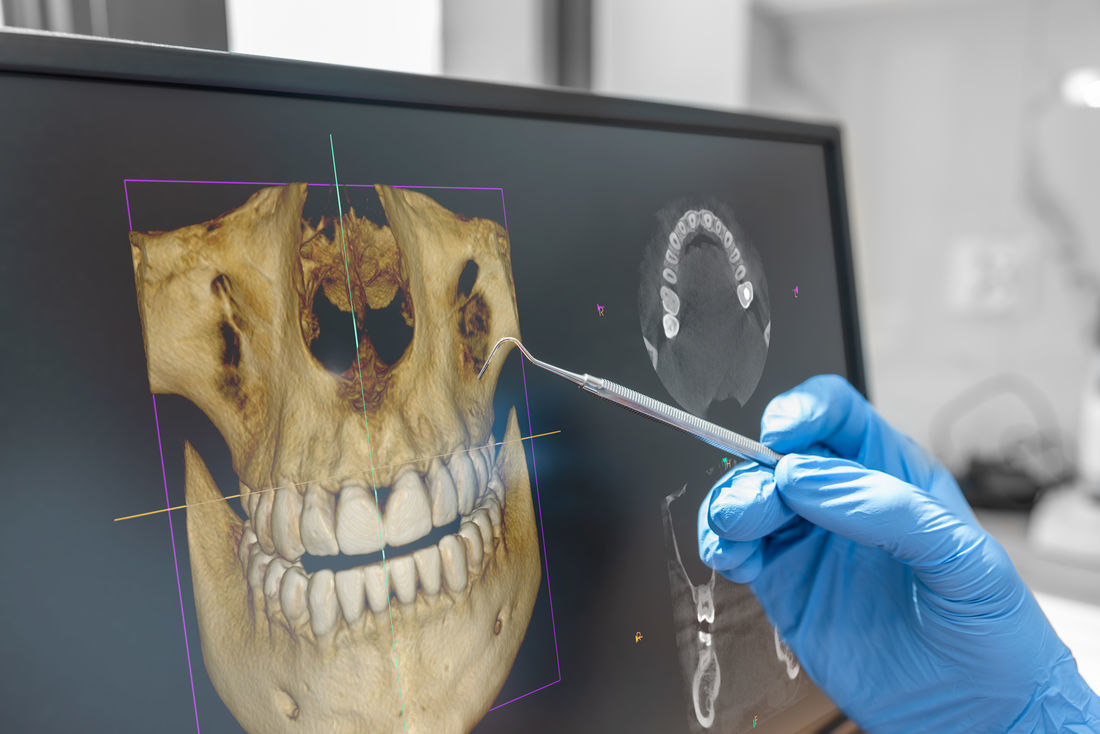Tooth decay is that common to Australians. So common, in fact, that 92% of adults will have to deal with a cavity at some point in their lives. That’s not exactly a demographic you want to be a part of. But it should clue you in as to why fillings are even needed in the first place. It also makes the case for why fluoride isn't the only solution to tooth decay prevention.
Preventive dental care is about proactive dental care. Why wait to get a filling (or something much worse) when there are a lot of other ways to deal with that cavity now? So let's talk about tooth decay prevention. There are other (better) ways to fight cavities, the first of which is always going to be good oral hygiene.
Understanding Dental Fillings and Tooth Decay
Fillings are restorative materials that help to restore the structure and function of a tooth that has been damaged by decay or trauma. Fillings are used to "fill in" the areas of the tooth where decay has caused a cavity. This will prevent further decay and lessen any discomfort you may have. Fillings can be made from several different types of materials, including composite resins, amalgam, gold or other materials. The material will be chosen depending on your needs and the position and size of the filling.
The primary cause of tooth decay is a film of bacteria and food that forms on teeth. This film is called plaque. People who do not practice good oral hygiene (by brushing and flossing regularly) will have problems with tooth decay. This is because if you do not clean plaque from your teeth, it can harden and turn into tartar. Over time, if tartar is not removed, cavities will form. This process takes place when bacteria eat sugars from the food you eat and produce acid as a waste product. The acid wears away at the surface of the teeth, and over time decay and cavities can result. The more sugar you consume in your diet, the more cavities you can expect to have.
The Importance of Oral Hygiene
Cavities—and fillings—can be largely prevented by good, daily oral hygiene practices. Brush twice a day with fluoride toothpaste. The motion of the brush helps to physically take sticky plaque off the teeth, and the fluoride in the toothpaste contributes to the ongoing and ever-present enamel strengthening process. Plaque is a soft, clear or yellowish film of bacteria that builds up on teeth over time. If not removed, some types of bacteria can contribute to the formation of decay, or a hole in the tooth.
Remember to floss. Despite some recent news headlines questioning the value of flossing, it’s an important part of oral and systemic health, and the foods of many modern diets still find their way into the spaces between the teeth. By physically removing plaque and bits of food, the odds of developing problems that may require fillings are substantially reduced.
Dietary Choices for Dental Health
Everything that the body needs to function optimally, your oral health also needs. The food you eat can either put you at high risk of cavities, like candies, sodas, and other sweets—all foods that should be consumed in moderation—or foods that can help keep your mouth healthy.
The sugar from the foods you eat combines with the bacteria in your mouth to create an acid. This acid eats away at your tooth enamel and can form a cavity. The more often you snack, the more frequently you’re feeding that bacteria.
Foods that are high in vitamins and other nutrients can do a lot to help. There is a long list of foods that can help keep your mouth healthy (a shortlist of some of my favourite foods includes dairy, all things cheese, leafy greens, and all other crunchy fruits and vegetables).
Many of them provide a good source of vitamins and minerals, like calcium or phosphorus. These minerals can help build and maintain healthy teeth and gums. Also, have plenty of water throughout the day. It helps to wash away food particles and can neutralize acids.
To limit the risks of cavities, have plenty of "teeth-friendly" foods, and treat sweets as treats. Have your favourite candy a couple of times a week. Practice good oral care habits every day. And follow a healthy, vitamin- and mineral-rich diet.

